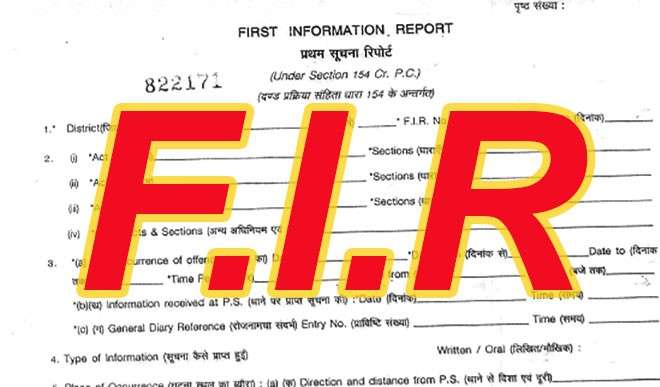An FIR which refers to First Information Report, is a written document that is filed by the police when they receive information about the commission of a cognizable offense. The FIR is the first step in the criminal justice process, and it sets the stage for the investigation and prosecution of the case. However, there may be instances when an FIR is filed based on false or frivolous allegations, or when the filing of the FIR itself becomes an instrument of harassment. In such cases, the person against whom the FIR is filed may seek to have the FIR quashed. In this blog, we will discuss how an FIR can be quashed.

What is the Quashing of FIR?
The quashing of an FIR refers to the process of setting aside the FIR by a court of law. Quashing essentially means that the FIR is deemed to be null and void, and it has no legal effect. The quashing of an FIR can be sought by the accused or by any person who is directly affected by the filing of the FIR.
📈🤖 Unlock unparalleled trading potential with GPT Stocks Master AI! Revolutionize your portfolio, leveraging real-time insights and predictive analytics. Don’t miss out – step into a world where precision and profitability meet. Ready to transform your trading journey? Click “Master My Trades” now for your exclusive access! ✨🚀📊
Grounds for Quashing of FIR
The quashing of an FIR is a discretionary power vested with the courts, and it is not granted in all cases. The courts will quash an FIR only if there are sufficient grounds for doing so. Some of the grounds on which an FIR can be quashed are:
Lack of jurisdiction: If the police have filed an FIR in a jurisdiction where they have no authority to do so, the court can quash the FIR.
Mala fide intentions: If the FIR has been filed with malafide intentions, such as to settle personal scores or to harass the accused, the court can quash the FIR.
False allegations: If the allegations made in the FIR are false and there is no basis for the same, the court can quash the FIR.
Abuse of process of law: If the filing of the FIR itself amounts to an abuse of the process of law, the court can quash the FIR.
A compromise between the parties: If the parties involved in the case have reached a compromise and have no intention of pursuing the case any further, the court can quash the FIR.
Procedure for Quashing of FIR
The procedure for quashing an FIR varies depending on the jurisdiction and the court in which the case is being heard. However, broadly speaking, the following steps are involved:
Filing of a petition: The accused or the person affected by the filing of the FIR must file a petition in the court seeking the quashing of the FIR. The petition must state the grounds on which the quashing is being sought.
Notice to the opposite party: Once the petition is filed, the court will issue notice to the opposite party, which is usually the state or the police.
Arguments: The court will hear arguments from both sides and will examine the grounds on which the quashing is being sought.
Disposal of the petition: The court will then pass an order either quashing the FIR or rejecting the petition. If the FIR is quashed, it will be deemed to be null and void, and the accused will be free from any further proceedings in connection with that FIR.
Conclusion
The quashing of an FIR is a powerful tool that can be used by the accused or by any person affected by the filing of the FIR. However, it is important to remember that the quashing of an FIR is a discretionary power vested with the courts, and it is not granted in all cases. Therefore, it is essential to have strong grounds for seeking the quashing of an FIR and to have competent legal representation to present the case effectively in court.
